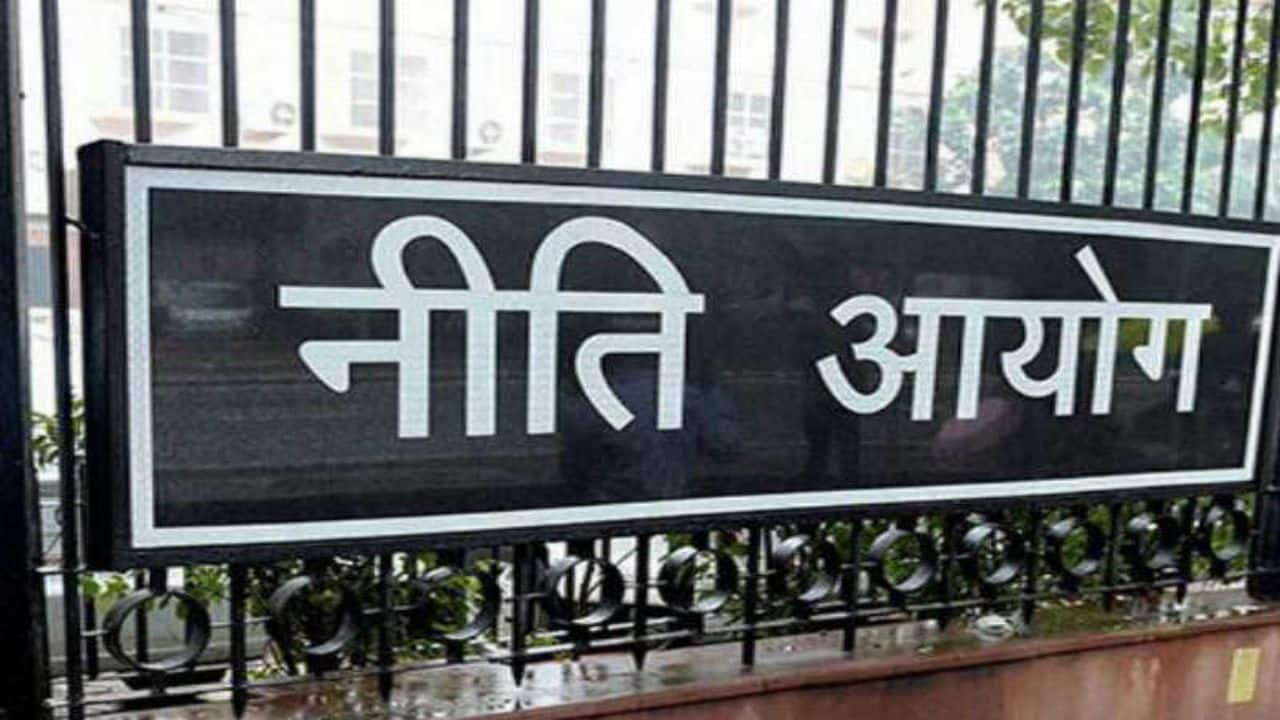Jimoh Ibrahim Challenges IMF, World Bank on Nigeria's Economy

Senator Jimoh Ibrahim, representing Ondo South Senatorial District, has launched a strong critique against the International Monetary Fund (IMF) and the World Bank, accusing them of presenting a distorted view of Nigeria's economic standing. Ibrahim firmly asserted that Nigeria remains the 42nd largest economy globally, directly refuting reports from the IMF and World Bank that categorize the nation among the 12 poorest based on per capita income.
The senator challenged the veracity of the figures provided by these global financial institutions, specifically faulting their assessment of Nigeria's per capita income at $808. He insisted that the accurate per capita income for Nigeria is $1,597. Ibrahim's core argument rests on the premise that the IMF and World Bank consistently overlook Nigeria's total Gross Domestic Product (GDP), which he stated currently stands at $363 billion. He emphasized that the total GDP is a critical determinant of per capita income and accused these organizations of providing data from only "a single angle of the balance sheet," thereby ignoring the broader economic context.
While acknowledging Nigeria's existing economic difficulties, Senator Ibrahim underscored that President Bola Tinubu’s administration has never denied the presence of such challenges. He attributed the discrepancy between Nigeria's significant GDP size and its income distribution to deep-seated structural challenges, which he affirmed are actively being addressed by the current government through initiatives like the "Hope Agenda." Reforms aimed at promoting a knowledge-based economy and tackling skill gaps within the public sector are also underway, with projections for a gradual increase in per capita income over time.
Beyond the specific economic figures, Ibrahim extended his criticism to the operational focus of the IMF and World Bank. He accused them of being overly preoccupied with consultancy operations and rising consultancy fees, suggesting they should prioritize their internal issues rather than misrepresenting sovereign economies. He further characterized both organizations as "epiphenomena without independent authority," questioning the credibility and independence of their assessments, particularly in Africa, where he advocated for accurate data to drive development.
Senator Ibrahim concluded by urging support for the promotion of Nigeria's knowledge economy, which he views as a pivotal driver for long-term growth and a significant increase in per capita income. He reiterated that the eradication or substantial reduction of poverty is a shared responsibility, emphasizing the government's commitment to restructuring policies to enhance the effective execution of its objectives.
You may also like...
How Africa's Youth are Forging a New Era of Governance and Transparency

From the Arab Spring's echoes to recent social movements, a tech-savvy generation of young Africans is using digital too...
How Nollywood is Rewriting the African Narrative on a Global Stage
(16).jpeg)
Nollywood is evolving beyond stereotypes and reshaping the global perception of Africa. From cultural preservation to st...
Beyond Commodities: Africa's Quiet Economic Revolution
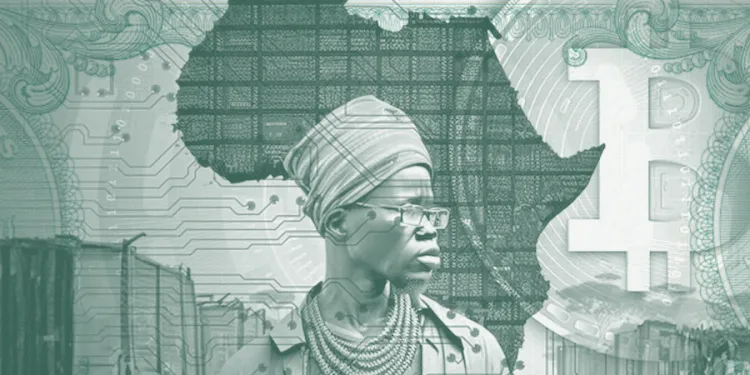
Africa is rapidly diversifying its economies beyond raw materials. Discover how innovation in manufacturing, services, a...
Are NGOs Doing More Harm Than Good in Africa?
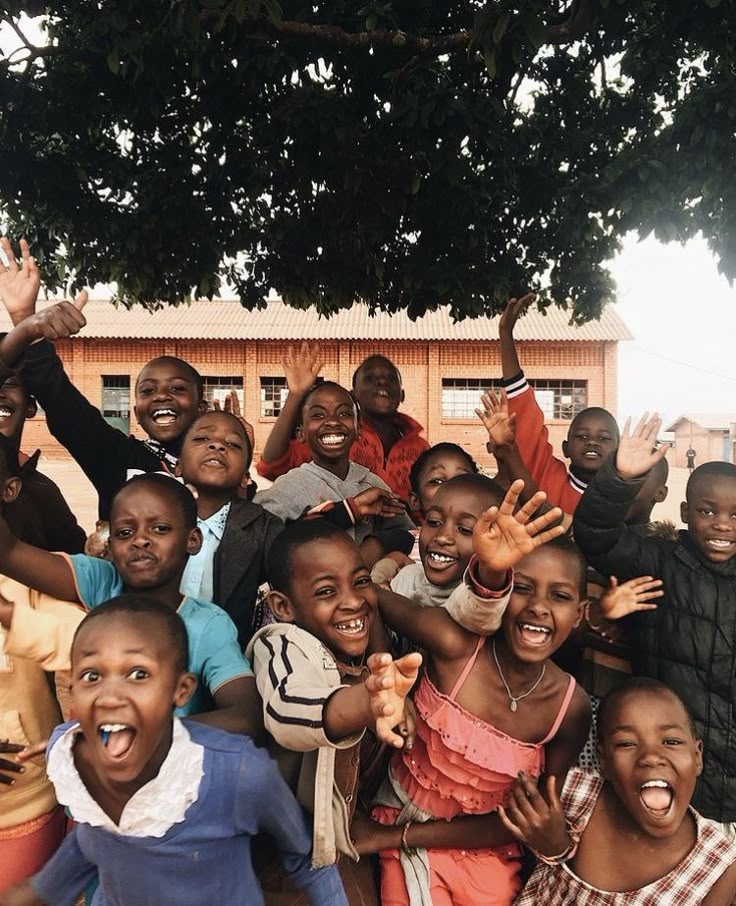
This bold, critical essay explores how foreign aid, dependency, and donor-driven agendas are stalling true progress. Fro...
Bitter Harvest: Why West Africa’s Cocoa Output Is Falling
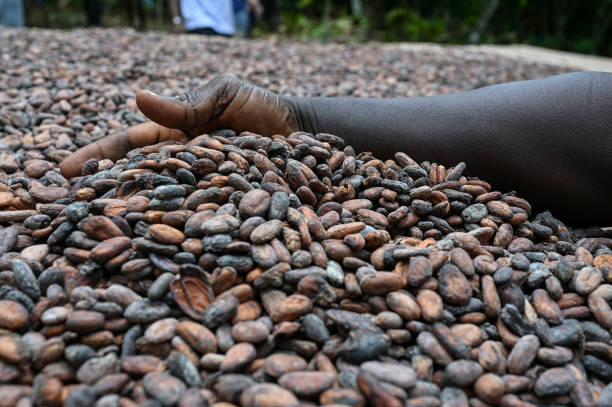
West Africa, led by Ivory Coast and Ghana, is facing a cocoa production crisis. These nations, once producing over 2 mil...
Behind The Scenes Series(Part 8): Sarz, The Accidental Architect of Afrobeats
.jpeg)
How much do you really know about the voice behind your favorite sound: "Sarz On the Beat"
Can Comedy Save Africa?

It is often said that laughter is the best medicine, but is that all it is?
Who Is To Blame For Floods in Nigeria?
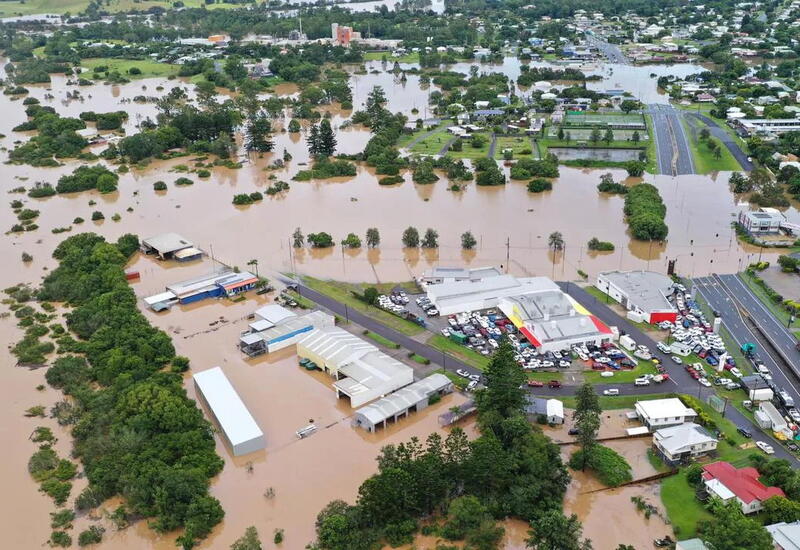
From local government budgets to digital tools tracking public spending, explore the root causes of flooding in Nigeria—...



